Search
Did you mean: Dolmen?
Summary 
Loading AI-generated summary based on World History Encyclopedia articles ...
Search Results
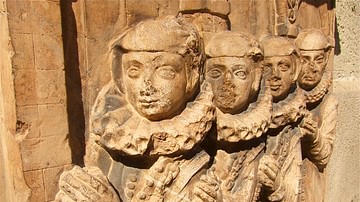
Article
Women in the Middle Ages
The lives of women in the Middle Ages were determined by the Church and the aristocracy. The medieval Church provided the 'big picture' of the meaning of life and one's place while the aristocracy ensured that everyone stayed in their respective...
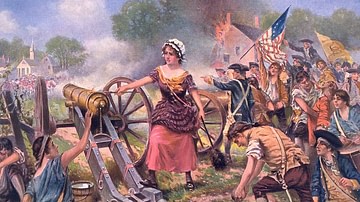
Article
Women in the American Revolution
In Colonial America, women were discouraged from taking an interest in politics and were instead expected to focus only on traditionally 'feminine' matters, such as homemaking and childrearing. However, such gender roles were challenged during...

Article
Women in Ancient Persia
Women in ancient Persia were not only highly respected but, in many cases, considered the equals of males. Women could own land, conduct business, received equal pay, could travel freely on their own, and in the case of royal women, hold...
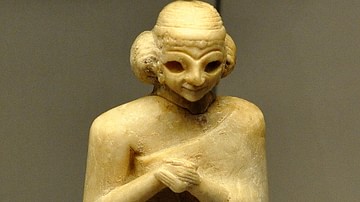
Article
Women in Ancient Mesopotamia
The lives of women in ancient Mesopotamia cannot be characterized as easily as with other civilizations owing to the different cultures over time. Generally speaking, though, Mesopotamian women had significant rights, could own businesses...
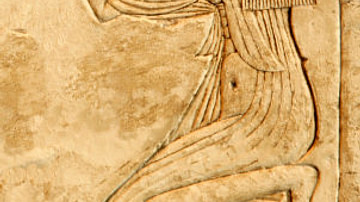
Article
Women in Ancient Egypt
Women in ancient Egypt were regarded as the equals of men in every aspect save that of occupation. The man was the head of the household and nation, but women ran the home and contributed to the stability of that nation as artisans, brewers...
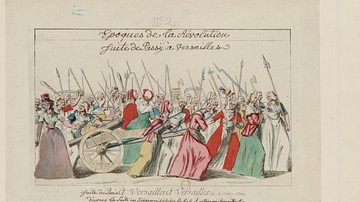
Definition
Women's March on Versailles
The Women's March on Versailles, also known as the October March or the October Days, was a defining moment in the early months of the French Revolution (1789-1799). On 5 October 1789, crowds of Parisian market women marched on Versailles...

Article
Women in the Viking Age
Although women in the Viking Age (c. 790-1100 CE) lived in a male-dominated society, far from being powerless, they ran farms and households, were responsible for textile production, moved away from Scandinavia to help settle Viking territories...
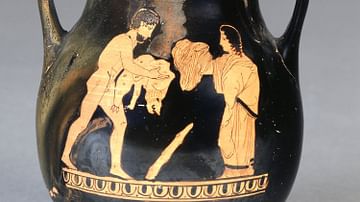
Definition
Women of Trachis
Women of Trachis is a Greek tragedy, one of Sophocles' (c. 496 BCE - c. 406 BCE) lesser-known works, the only one that does not deal with the aftermath of the Trojan War, rather it is concerned with the death of the Greek hero Heracles (or...
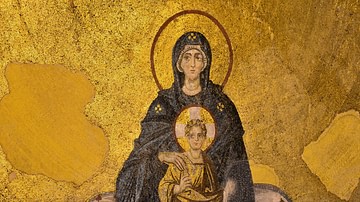
Article
Women in the New Testament
Women in the New Testament are presented for the most part along the contours of both Jewish and Greco-Roman concepts of the social construction of gender roles. Women’s value to society was in their role in procreation. There are some exceptions...
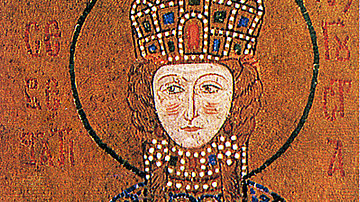
Article
Women in the Byzantine Empire
Women in the Byzantine Empire (4th to 15th century CE) were, amongst the upper classes, largely expected to supervise the family home and raise children while those who had to work for a living did so in most of the industries of the period...